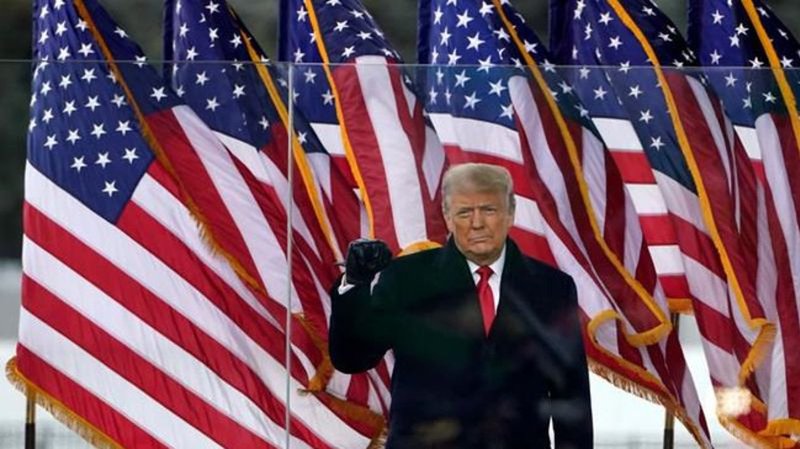
Pence defies Trump, says he can’t reject electoral votes
WASHINGTON — Defying President Donald Trump, Vice-President Mike Pence said Wednesday that he does not have the power to discard electoral votes that will make Democrat Joe Biden the next president on Jan. 20.
Pence said in a statement issued minutes before he was to begin presiding over a joint session of Congress to count those votes that it was “my considered judgement that my oath to support and defend the Constitution constrains me from claiming unilateral authority to determine which electoral votes should be counted and which should not.”
In the days before the joint session, Trump has pressured his vice-president to toss electors from battleground states that voted for Biden to overturn the will of voters in a desperate and futile bid to undo President-elect Joe Biden’s victory in the November election.
“If Mike Pence does the right thing we win the election,” Trump told thousands of supporters who rallied Wednesday on the Ellipse, just south of the White House, an hour before the count in Congress was to begin.


